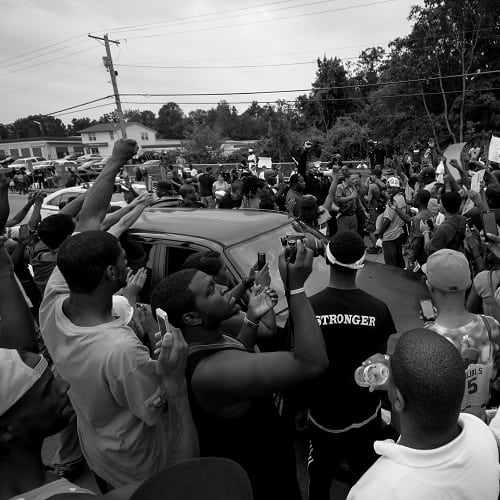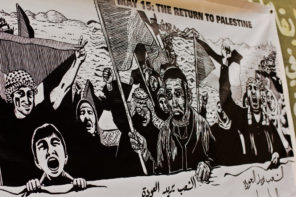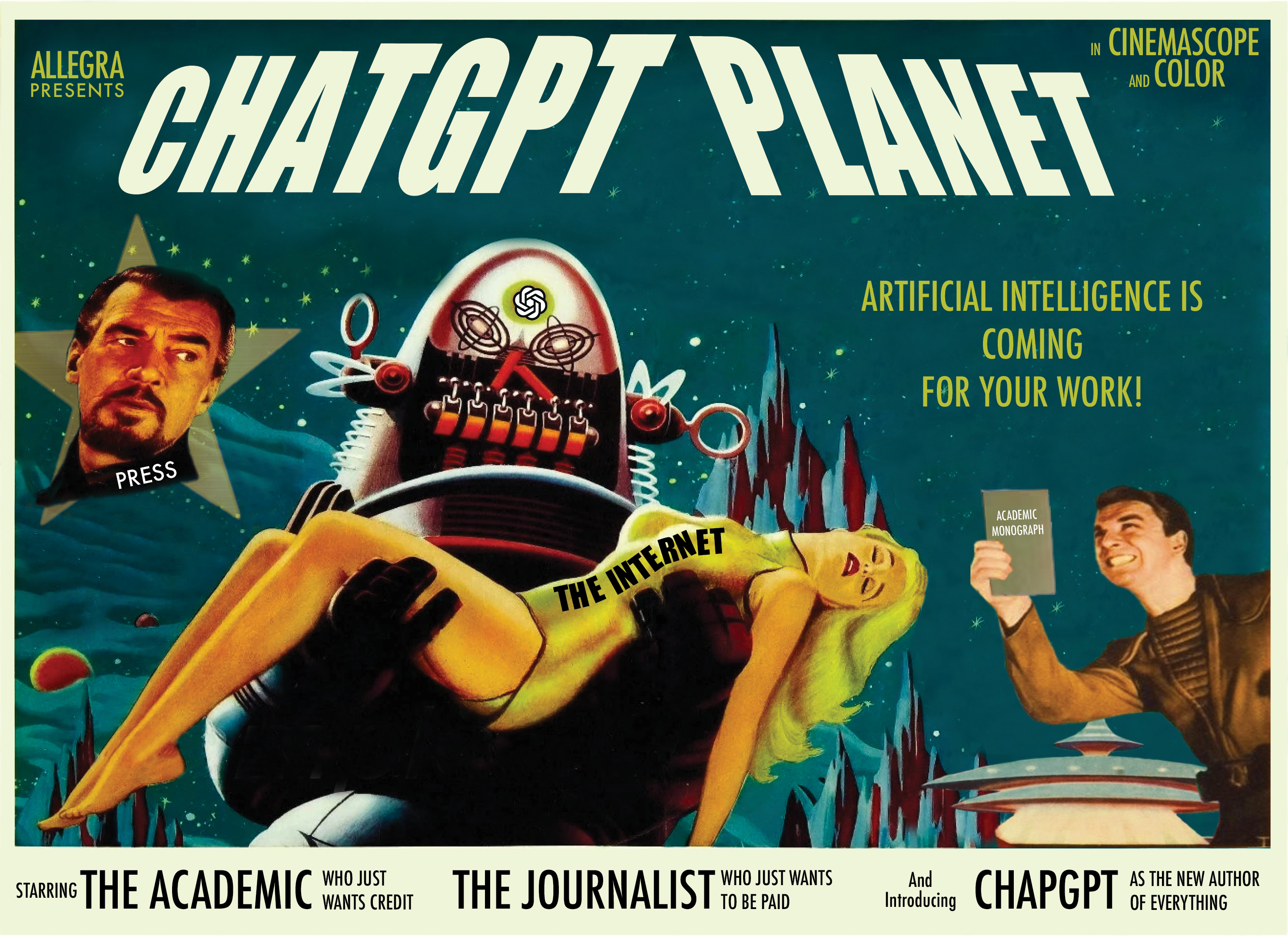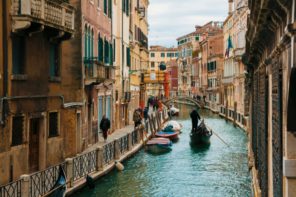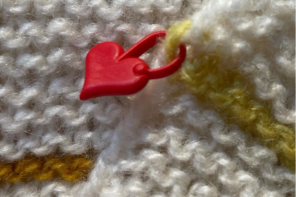The goal should be human rights, freedom, and dignity for all, and Black Muslims in the United States have been at the vanguard of this struggle in the last one hundred years.
After the propagation of terrorist attacks in the 2001-wake, an argument which is nosing throughout our national and international media is doubtlessly religion, and its connections to war, terrorism, and extremism. Severe consequences of this “war on terror” have been registered abroad (the deaths of hundreds of thousands in Iraq and Afghanistan following US military intervention) and at a national level (our daily life has been gradually restricted, controlled, and many citizens have been reclassified as enemies).
The religious coordinates of these political and social processes have often been misunderstood by the large public, probably due to a lack of specialists and experts elucidating their opinions or to the appointment of invaluable figures to highly sensitive positions who could not bear scrutiny. Pr. E.E. Curtis IV, with his long-standing scholarly commitment to religious studies, Muslim diaspora, and Islamic studies, is a bright exception to this rule, and lectures frequently in the United States, Europe, and the Middle East about the role of Islam and Muslims in U.S. history and contemporary affairs.
Marta Scaglioni: Trained in Religious Studies, you devoted your research to Islamic Studies and to the analysis of Muslim communities, especially in the US. On different occasions you cried a wide-spread Islamophobic attitude out, along with a simplistic way of understanding religion as a direct source of violence, especially after 9/11. What can a religion studies’ scholar do in order to counterbalance this global trend?
E. E. Curtis IV: Religious studies scholars can challenge Islamophobic and one-dimensional analyses of religious violence first and foremost by offering accurate and well-researched studies of both religion and violence, and secondly, by insisting on seeing religion as part of a multi-dimensional human experience that is grounded in material reality. Anti-immigration activists and so-called terrorism experts often present analyses that are paper thin—-and too many of so-called terrorism experts do not speak, read, and write the languages of the people about whom they are making judgments. It is our job to do better.
Marta Scaglioni: Methodologically, you propose to avoid emphasizing religion as the sole explanatory power behind wars, downplaying the role of politics and economics. Unveiling the political movers behind terrorist attacks, for example, would give a more careful picture of governmental violence. How is academia’s position on this issue today?
E.E. Curtis IV: Some Religious studies scholars in the United States are working to expose the underlying violence of the modern world, the role of the nation-state in that violence, and the suffering that global capitalism causes. But others also continue to perpetuate the notion that religion is a particularly intolerant, violent, misogynistic, and otherwise illiberal form of human culture. More often than not, critics of religion define it as ideology, belief, and doctrine, and fail to see it an embodied, institutional, material form of culture whose power can be deeply limited and disciplined by the state.

Photo by Roxanne Ready (flickr, CC BY-SA 2.0)
Marta Scaglioni: Your research on Black Muslim communities raises the issue of race in 2015 US. What does ‘race’ mean in today’s America, and what is happening after the death of Freddie Gray and the Baltimore protests? What does it mean to be a Black American today?
E.E. Curtis IV: Race remains one of the main social structures in the United States, often shaping both the most intimate moments of one’s personal life as well as one’s public activities. Being Black today means facing an institutionalized form of racism that includes the prison industrial complex, militarization of policing, and thinly-veiled anti-Black personal prejudices. Blackness is also a form of belonging.
The heart of American identity is Black. Notions of political identity such as freedom and human rights, institutions of culture such as food, music, and language, and the meaning of community itself all center on the Black experience.
Marta Scaglioni: Your argument on the study of Black Muslim communities is that the ‘racialization’, the experience of racism, and the historical memory of slavery, often forge identities more than a common geographical origin or the practice of Islam. On the other side, Black Muslims sometimes shape their community from the inside, building a Black Muslim identity on a shared sense of solidarity and creating new socialized spaces. Are still racial differentials and the attribution of physiological and prejudicial characteristics a reality in the Western world, and what strategies of emancipation are pursued by Black Muslim actors? What can be done to help integration?
E.E. Curtis IV: Let me take your last question first. Integration is often an anti-Black, anti-immigrant trope meant to discipline, limit, and blunt the force of resistance, solidarity, and other forms of power among people of color. Integration, as it is often construed, is undesirable for any society since it is grounded in oppression. The goal should be human rights, freedom, and dignity for all. Black Muslims in the United States have been at the vanguard of this struggle in the last one hundred years. Figures such as Muhammad Ali and Malcolm X are international symbols of the liberation of oppressed peoples around the world. The anti-Blackness against which they fought still exists.
But because global Africana Muslims are so diverse, they do not pursue any one set of liberation strategies. Their politics often reflect their local, national, and regional orientations even as many rely on the solidarity of other people of color and allies around the world in their struggle for liberation.
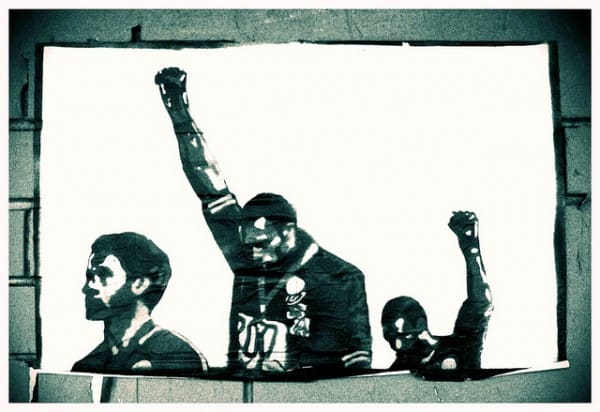
Photo by Melbourne Streets Avant-garde (flickr, CC BY-NC 2.0)
Marta Scaglioni: Race is a controversial issue in the Muslim world. If “all people are equal like the teeth of the comb”, in fact, anti-Black racism exists. How would you explain this controversy to an audience without any hint of Islamic studies?
E.E. Curtis IV: Anti-Black prejudice existed in the Muslim world prior to modernity, but those prejudices were transformed in the modern world. Put too simply, the whole modern world, including the Muslim world, became structured along racial lines. The political maps of imperial and colonial powers often reflected racial assumptions, values, and world views. The modern academic fields of anthropology, biology, history, philosophy, religious, studies, and sociology were established as racial sciences. National, religious, ethnic, and other kinds of communities were framed as racial in nature. And so on. Muslims, as people in the world, both reflect and helped to shape this racialized world. In this racialized world, people from a place called “Black Africa” were seen to be at the bottom of the civilizational order.
Marta Scaglioni: After 2001 Islamic studies experienced a new life, finding new funding and scoring higher publication rates. Islamicists’ voice became heard also in public media. What are the controversial sides of this new attention, and how can it be used in the right way? What is the so-called Ground Zero mosque controversy and what role did you play in it?
E. E. Curtis IV: The demand for public intellectual work from Islamic studies skyrocketed after 2001, though it took a while for many university-trained scholars to become adept at talking with the media. One of the temptations, in both the good and the bad sense, is that many more people listened to what Islamic studies scholars had to say. Some of us even sold some books. Figuring out how to talk outside of academic audiences can become a time-consuming endeavor, and it is not always possible to control the outcome, especially when one’s quips are used to support a narrative with which one fundamentally disagrees. Developing relationships with reporters, getting to know the kind of reporting that she does, and being able to shape one’s own media presence online are all necessary in become a public intellectual in the post 9/11 era.
Edward E. Curtis IV, after graduating at Kenyon College and Washington University in St. Louis, received a PhD from the University of South Africa. He is currently Millennium Chair of the Liberal Arts and Professor of Religious Studies at Indiana University-Purdue University Indianapolis (IUPUI). His main research topics are Africana Religions, Islamic Studies, U.S. history, modern Middle East, religion and politics.
Featured image by Shawn Semmler (flickr, CC BY 2.0).

